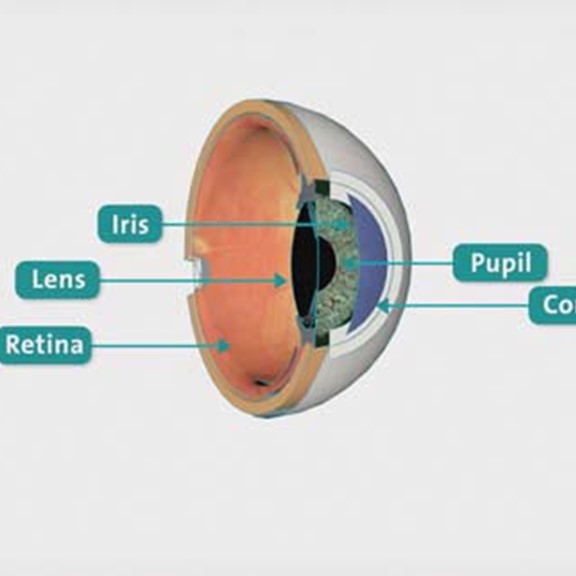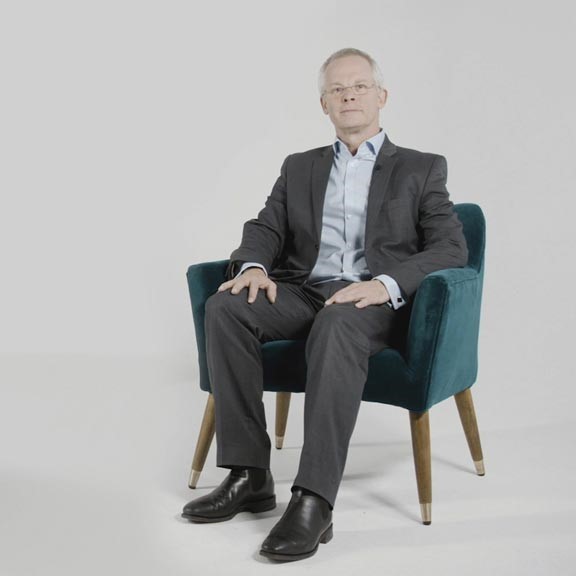Private cataract surgery Brentwood
Improve blurred vision caused by cloudy areas on the lens of the eye.
At Spire Hartswood Hospital, we use trusted and clinically proven techniques to remove cataracts and improve your eyesight, so you can get back to everyday activities.
Cataract surgery involves replacing a cloudy lens in your eye with a clear artificial lens to improve vision.
Sometimes also called
- Phacoemulsification
At a glance
-
Typical hospital stay
A few hours -
Procedure duration
1 hour -
Type of anaesthetic
Local -
Available to self-pay?
Yes -
Covered by health insurance?
Yes
Why Spire?
- You can usually see a consultant within a few days of enquiry
- Expert, personalised treatments
- Flexible payment options to help you spread the cost
Cataract surgery: what to expect at Spire Hartswood Hospital
At Spire Hartswood Hospital, our team of consultant ophthalmologists (eye specialists) can offer you cataract removal surgery and lens options that are recommended for you and your needs. We offer fast access to diagnostic tests and scans and easy booking with appointment times to suit you, so you don't have to wait long.
How much does Cataract removal surgery cost at Spire Hartswood Hospital
It’s a common procedure to have done privately, and our inclusive prices and access to payment plans make it easy and more affordable, even if you don’t have medical insurance.
| Cataract surgery with eyesight correction | |||
|---|---|---|---|
| Initial consultation | We can't display the initial consultation fee just now. Call us for a quote. | ||
| Treatment price | £2,564 | ||
| Aftercare | Included | ||
| From price | From £2,564 | ||
|
Monthly treatment price (Loan applicable to the treatment cost and excludes the initial consultation) |
£123 | ||
| Representative example | |
|---|---|
| Loan amount | £2,064 |
| Deposit | £500 |
| Loan period | 18 months |
| Representative APR | 9.9% |
| Total amount repayable | £2,214 |
The price shown is the ‘from price’ (ie the minimum cost of the procedure). Please note that for some procedures the actual price you are quoted may vary significantly and can increase depending on your choice of Consultant (who is an independent practitioner and not an employee of Spire). The fees charged by Consultants and Anaesthetists are set independently and are outside the control of Spire. The price may also vary depending on the type of anaesthetic, implant or drug used, and your medical history.
Spire Hartswood Hospital can provide you with a single, fixed price for your procedure so there are no surprises. Please read Spire Healthcare's terms and conditions for full details of what’s included and excluded in your fixed price when paying for yourself. Finance options are available through our partner Omni Capital Retail Finance Ltd, 10 Norwich Street, London, EC4A 1BD.
Procedures offered for cataract surgery at Spire Hartswood Hospital
At Spire Hartswood Hospital, we offer a range of intraocular lenses. Your consultant will help you choose the best option for you. They include:
- Monofocal – corrects either short or long sight, with a choice of three focal points
- Toric – a monofocal lens that helps correct astigmatism
- Multifocal – corrects both near and distance vision, like varifocal glasses
We also have a choice of different makes including:
- Alcon
- AMO
- Oculentis
- Rayner
- Tecnis
You may still need to wear glasses after cataract surgery, depending on your eyesight and your choice of lens.
Find a consultant at Spire Hartswood Hospital
Preparing for cataract surgery at Spire Hartswood Hospital
Getting here
We’re easy to reach by car or public transport. If you’re unable to drive or use public transport, our reception staff will be happy to arrange a taxi for you.
Your consultations
One of our experienced consultant ophthalmologists will offer you an initial consultation within a few days of enquiry.
All your consultations will take place in a private room. During your consultations, we'll:
- Ask about your medical history
- Carry out a series of tests, including a sight test and biometry testing – to calculate the power of the new intraocular lens (IOL) required
- Explain about the procedure, anaesthetic, the different types of IOLs available, and any potential cataract surgery complications and risks and how they may affect you
- Give you a chance to ask any questions you have about your treatment
Cataract surgery: your procedure
When you come in for your operation, you’ll only be with us for a short period of time, so you won’t need to bring much. However, you may need:
- Sunglasses or a hat to wear when leaving hospital as things may look bright afterwards
- Hearing aids if you wear them
- A change of shirt or top as a rinsing fluid is used during the procedure
Here’s what will happen after you arrive for your cataract surgery:
- You’ll meet your surgery team and will be given eye drops to dilate your pupil and make it easier for your surgeon to see your lens
- You may be given a sedative to help you feel relaxed
- You’ll also be given a local anaesthetic, usually in the form of eye drops, so you won’t feel anything during the procedure
- Your surgeon will make a small incision in the front of your eye (cornea) and remove your clouded lens, using a process called phacoemulsification, which breaks the lens up into small fragments
- They’ll then insert your new intraocular lens
Cataract surgery: your recovery
After your cataract surgery, you’ll be taken to a recovery room to relax until your surgeon says you’re ready to go home. This is usually a few hours after cataract surgery.
Although everybody’s different and you should always follow your consultant’s advice, here’s a typical recovery timeline for cataract surgery:
Treatment and recovery timeline

1 week
Any eye pain, redness or itching should go
7-14 days
Stop wearing eye shield at night
10-14 days
Clear eyesight restored
4-6 weeks
Fully back to normal
-
1 week
Any eye pain, redness or itching should go
-
7-14 days
Stop wearing eye shield at night
-
10-14 days
Clear eyesight restored
-
4-6 weeks
Fully back to normal
The treatment described on this page may be adapted to meet your individual needs, so it's important to follow your healthcare professional's advice and raise any questions that you may have with them.
How to get to us
Spire Hartswood Hospital is based in quiet and peaceful grounds, just two miles from the M25 motorway and easily accessible from other major roads like the M11, A12 and A13. It is 25 miles from London Stansted Airport and 20 miles from central London.
Spire Hartswood Hospital,
Eagle Way
Brentwood
Essex
CM13 3LE
Get in touch
Important information about COVID-19 tests
COVID-19 testing or antibody tests are not available as a standalone service at Spire Hartswood Hospital.
Sources
https://www.nhs.uk/conditions/cataracts/ https://www.nhs.uk/conditions/cataract-surgery/recovery/
http://www.rnib.org.uk/eye-health/your-guide-cataracts/when-should-i-have-cataracts-surgery
http://www.rnib.org.uk/campaigning-current-campaigns/eye-health
https://www.nice.org.uk/guidance/ng77/chapter/recommendations#referral-for-cataract-surgery
https://www.rcophth.ac.uk/wp-content/uploads/2014/12/2010-SCI-069-Cataract-Surgery-Guidelines-2010-SEPTEMBER-2010-1.pdf
https://www.rnib.org.uk/eye-health-eye-conditions-z-eye-conditions/cataracts-laser-treatment-following-cataract-surgery




